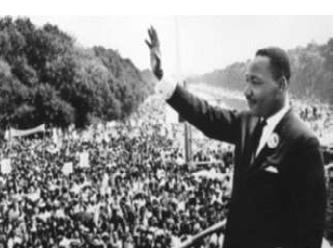
1 minute read
History
Why study History?
Our History course is particularly interesting for students who are aware of the world around them and enjoy puzzling over the causes and consequences of human behaviour. As a historian, you will develop valuable transferable skills, such as the ability to select, question and analyse evidence, to make informed judgements and to participate in debates and discussions. This will enhance your ability to communicate clearly and, above all, to frame an argument. This is why History can lead to a wide variety of high-powered careers in law, business management and the media.
Advertisement
How is the course examined? Examination
There are two examination papers of 1 hour 30 minutes. Questions test your ability to analyse primary sources and to use your knowledge and understanding of the period to answer essay questions on cause, effect and significance.
What does the course cover?
The syllabus covers a particularly dynamic period in 20th Century European and American history, as well as an exciting unit on developments in medicine, which will appeal to our scientists.
For the first paper we undertake two depth studies, Option 3 (Germany: Development of Dictatorship, 1918-45) and Option 7 (A Divided Union: Civil Rights in the USA, 1945-74).
For paper 2, we have option A4 (The Vietnam Conflict, 1945– 75) as our investigation topic and B2 (Changes in Medicine, c1848-c1948) as our breadth topic.
In Year 10 you will study Germany between the wars, learning how the aftermath of the First World War, Europe’s Great Depression and Hitler’s political manoeuvrings helped the Nazis rise to power in the 1930s. We will then investigate how the Nazi regime established a firm grip on German society and edged towards the creation of the Third Reich.
For our unit on America, we look at life in the US from 1945 to 1974: civil rights, student protest and Women’s Liberation, as well as the Watergate scandal which brought down President Nixon. Our understanding of these political issues is deepened by our study of the Vietnam War, 1945-75. In Year 11, we study the History of Medicine, 1848- 1948, with topics such as the development of antiseptics and anaesthetics, improvements in nursing, the impact of world war on medical knowledge and the development of the NHS.




